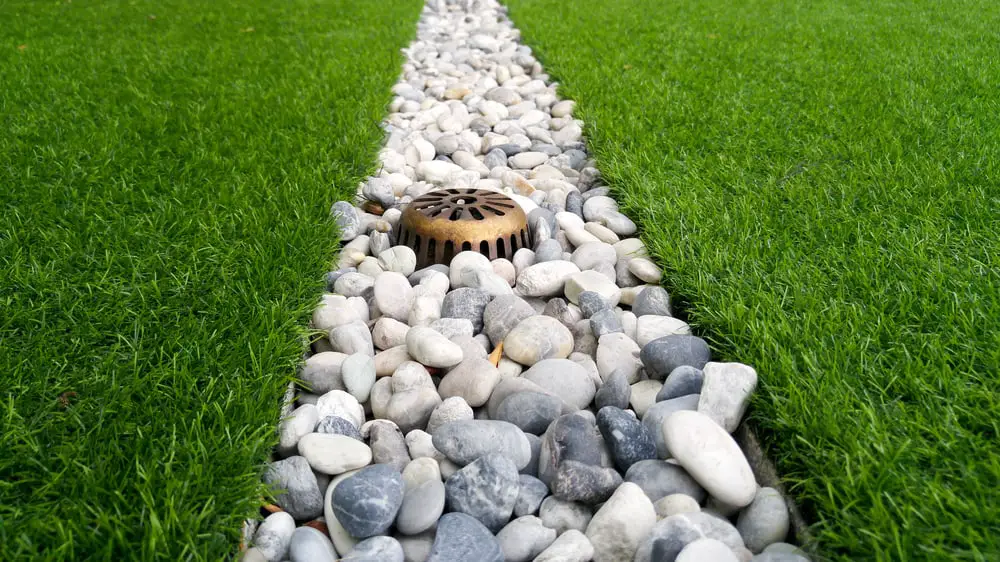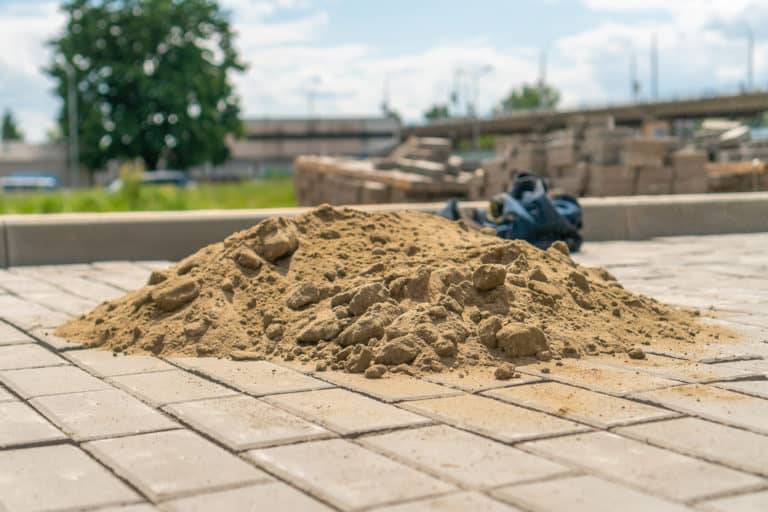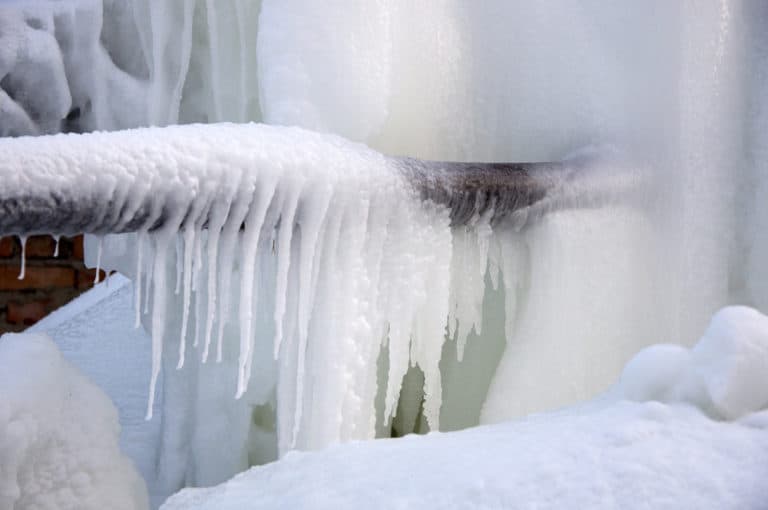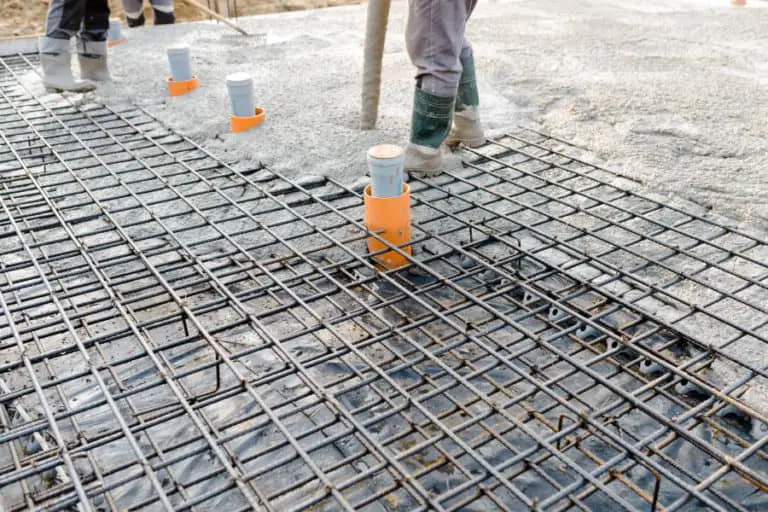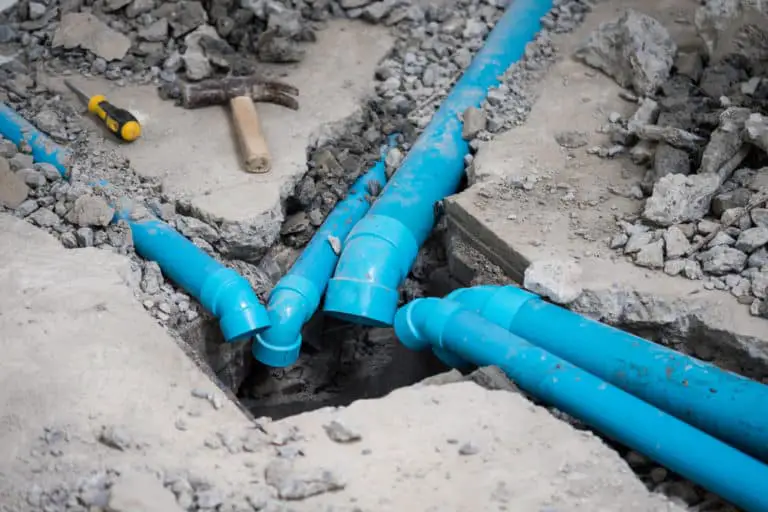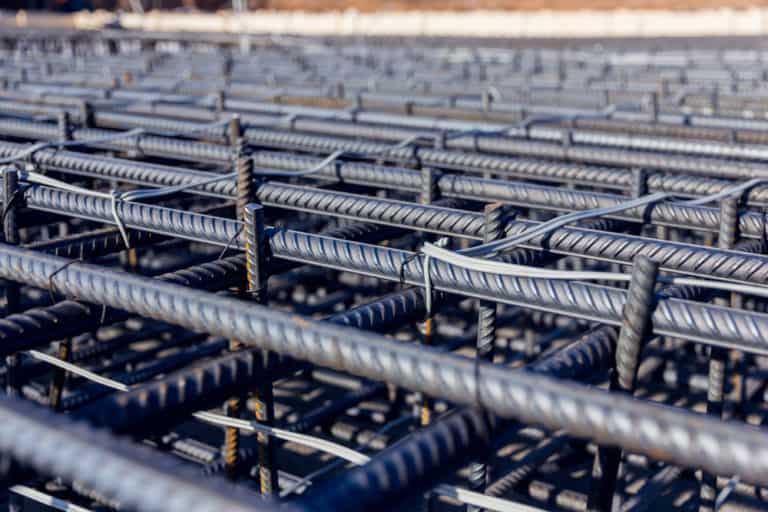What Is The Best Driveway Material For Drainage?
Whether you are building a new driveway or simply repaving an old one, selecting the suitable material may be one of the crucial issues you will deal with. This is because there are several options with different durability, aesthetics, price, and eco-friendliness.
Common driveway materials include concrete, gravel, asphalt, pavers, brick, and seashell, to name a few. There are factors you need to consider when selecting driveway materials, including the visual appeal as well as how it complements and enhances the existing designs.
When selecting driveway materials, you also need to consider maintenance requirements, the landscape, and drainage properties. Below is a detailed overview of common driveway materials;
Concrete
Concrete is one of the top driveway materials in the U.S, thanks to its durability and versatility. It is composed of stone aggregate, water, and an additive – usually Portland cement. The mixture offers a smooth, stable, and firm foundation that can withstand all weather elements. It requires less maintenance and remains relatively cool even during hot temperatures.
The size of the aggregate in the mixture can vary depending on the final use of the concrete mixture. When building a concrete driveway, the size of concrete may range from gravel to sand-sized particles.
Pros
- Concrete is very durable and has a lifespan of more than 50 years if well installed and cared for.
- Concrete driveways are very strong, especially when installed with proper base and reinforcement. This makes it ideal for high-traffic driveways as wells as pathways for heavy vehicles.
- Concrete driveways are much affordable especially considering their long lifespan and minimal maintenance.
Cons
- It is more expensive compared to other options
- Concrete is not appropriate for DIY installation as it is labor-intensive and requires professional knowledge.
Gravel
Gravel is the best option, especially if you are operating on a squeezed budget. One of gravel’s key selling points is its ability to compact and create more stable surfaces that easily shed water. This makes up a better option compared to plain rocks that may trap water within the sides.
Gravel is suitable for use on long driveways due to its cost-effectiveness and ease of installation. You can also customize gravel in different colors to complement and improve the existing house style.
The main drawback with gravel is its regular maintenance, especially for high-traffic driveways. In addition, they are not ideal for snowy regions as it is more difficult to clear with a snowblower.
Pros
- Gravel requires a low cost to install
- It is easy to maintain
- It drains well
- It is easy to replenish
- You can easily fix potholes by simply adding more gravel
Cons
- It can easily attract weeds
- Runaway water can easily wash away the loosely-held gravel particles
- It is not a premium material and is hard to customize in terms of color and texture
- It is hard to clean and snowplow
Asphalt
Asphalt is made from sand, rock, and asphalt cement, giving it attractive qualities for constructing driveways. If you want a feel of concrete but working with a small budget, an asphalt driveway can be a cheaper alternative.
Thanks to tar and other petrochemical products, asphalt is flexible and less likely to crack under pressure due to the high elasticity of its components.
Pros
- It is very flexible and does not crack easily compared to concrete
- It is much cheaper to install
- Asphalt is able to withstand harsh conditions
- It is easy to repair through simple DIY
Cons
- Asphalt comes in one smooth, flat, and black style with limited options for design change.
- Usually has unfinished edges unless you use border treatments like concrete curbs.
- It is likely to overheat due to the black tar-like component
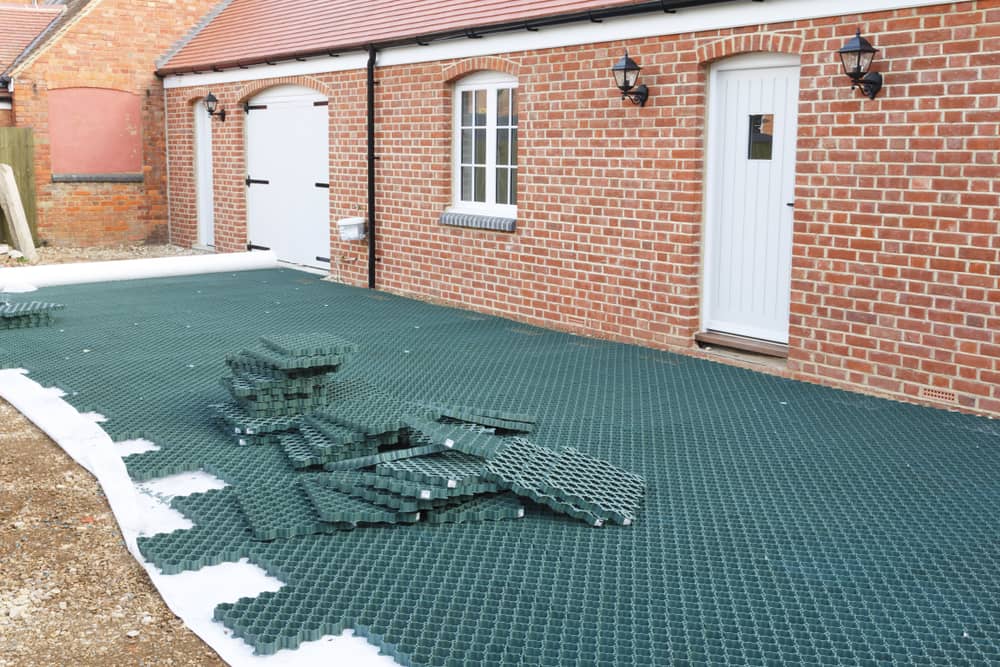
Paving stones
When laid properly, paving stones can last for as long as a century. Materials for paving stones include flagstone, tough granite, and other stone, and they help to prevent water from pooling.
Paving stones are suitable in areas that experience heavy snowfall as it is possible to install a heating system to prevent snow accumulation. Paving stones can be the perfect choice for creating impressive appeals as various design choices are available. A paver driveway has a long lifespan of up to 40 years and relatively attracts low maintenance costs.
Pros
- Can be used instantly after installation as opposed to concrete that needs some time to dry
- They come in various designs and can be customized to give a personal appeal
- They have a permeable surface which makes drainage and storm management easier
- Pavers require relatively minima maintenance
Cons
- It is more costly to install
- Installation is labor-intensive, which makes DIY hard and makes it more expensive
Brick
The building units of brick driveways are rectangular bricks made from compressed clay. They offer an impressive look which readily complements traditional architectural styles. Bricks are standard building materials and can withstand harsh climatic conditions.
You can also arrange bricks to create impressive artistry and design that easily complements existing design patterns. It is also possible to customize with multiple colors and hues to complement and improve the existing landscaping.
Pros
- It is durable and usable in areas with high traffic flow
- Brick can retain their color for long even when exposed to the sun
- They require very minimal maintenance
- You can create various styles and designs
Cons
- They can be a bit expensive to install
- They are not ideal for high-traffic driveways
- DIY is hard and may require an expert to install
Seashell
Crushed seashells are used in driveways as they are natural, beautiful and give you a feel of the sea. Seashells are spread along the driveway in their original sizes, and as they are walked on or driven over, they break into finer particles that are distributed evenly along the driveway. The small particles create an even and stable surface and do not create holes.
Common shells used include clam, oyster, and scallop. They are mainly different in the way they break down and the colors. Clamshells are usually off-white or yellow-white and break down more easily compared to oyster shells. Thanks to their fragility, they compact easily and create an even surface that can support even heavy traffic. You can go for scallop shells if you want some brown coloration.
Pros
- It’s a natural product and environmentally friendly
- Seashell is durable even when used on heavy traffic driveways
- It is very affordable
- Requires low maintenance
- Offers excellent drainage and prevents runoff
Cons
- They create a rough surface that may not be comfortable to use when barefoot
- They may not be the right choice for sloppy and steep driveways
- Hard to remove snow
Grass
Grass driveways are becoming a major trend in the U.S thanks to their natural beauty, increased drainage, and erosion control. Grass also has the lowest impact on the environment and can be used as stabilizers for backyards and front lawns.
Grass can be used even in high-traffic areas, is very permeable, and drains easily. When considering grass driveways, a key factor to consider is the type of grass to plant. The choice of grass is made based on the driveway’s level of use and the region’s climatic conditions.
Common grass types used include perennial ryegrass, zoysia, St. Augustine, and Bermuda. Grass may be the appropriate option on high-traffic driveways as well as areas used as parking for long.
Pros
- They are cheap to plant
- They are natural and eco-friendly
- They are permeable and drain well
- They enhance your home’s natural green feel
- Grass is very easy to maintain
Cons
- They come in one color – green.
- If not well maintained, grass may be a breeding ground for insects that may finally make their way into your home.
Conclusion
There are several factors to consider when selecting the right driveway material for drainage. These factors include primary driveway purpose, area topography and slope, installation costs, and maintenance, to name a few. If well-maintained, a driveway can be a nice area to add to your home’s ecstasy and create an impressive and welcoming first impression for your visitors.
References
- https://www.washingtonpost.com/lifestyle/home/the-pros-and-cons-of-6-driveway-materials/2019/07/02/4de84cb6-92a3-11e9-b570-6416efdc0803_story.html
- https://www.bobvila.com/slideshow/9-popular-driveway-options-to-welcome-you-home-31677
- https://www.homebuilding.co.uk/advice/guide-to-choosing-a-driveway

